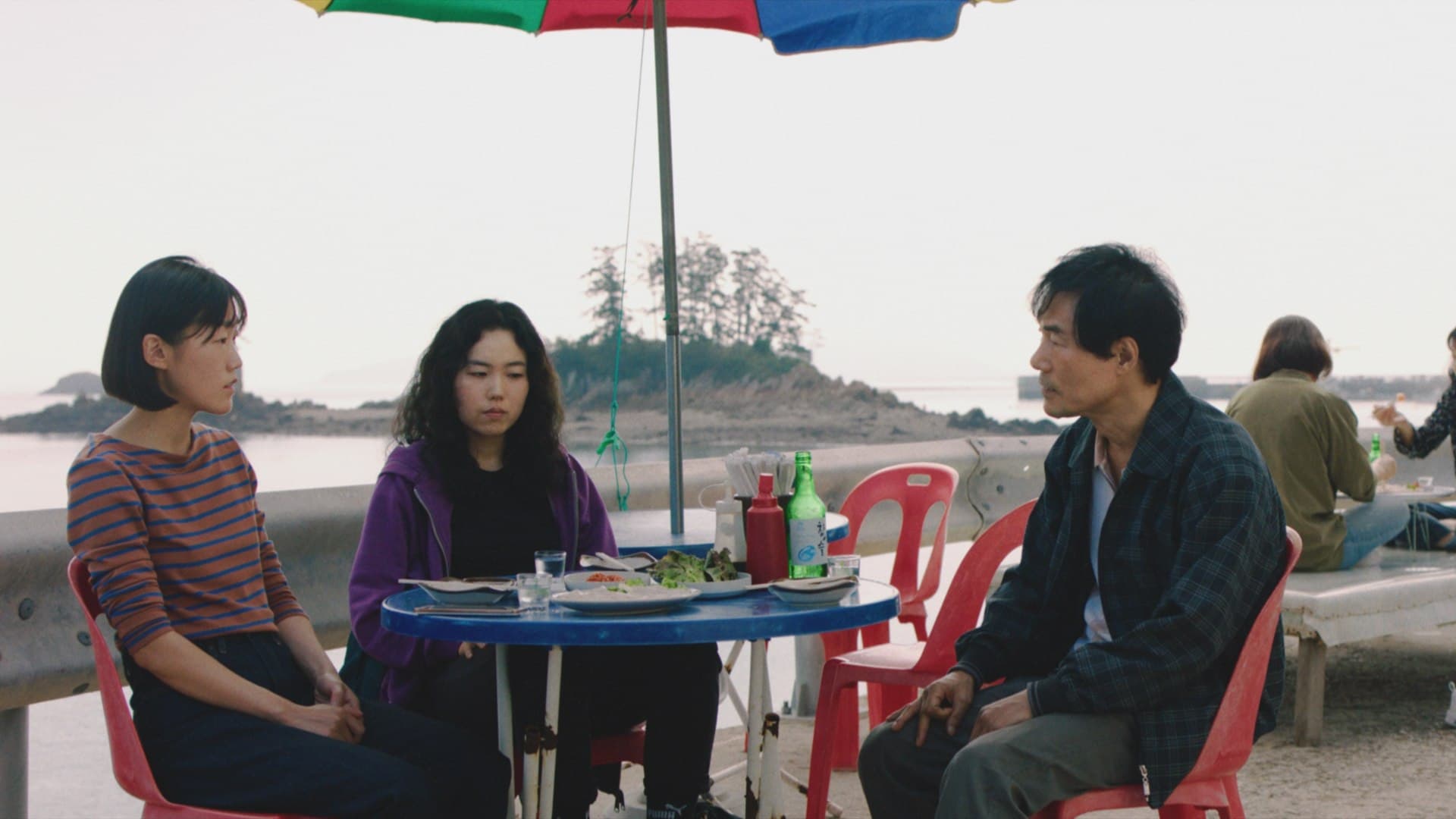I love Seoul. It’s an awesome city, filled with a relentless cosmopolitan momentum to have a great time and enjoy yourself. However, if you’re going to the place where your biological parents abandoned you, yes, I can see why a place like that might be toxic for you, as the lead says. Return to Seoul is less about Seoul and more about soul, in this case, the souls of orphaned children going to the place they were supposed to be, but, tragically, were not welcomed by the people who are supposed to care for them most.
Freddie Benoît (Ji-Min Park) gets a small hotel in Seoul for a couple weeks run by Tena (Guka Han). Freddie stands out for many reasons: some by accident: she was shipped to France when she was a baby, and was raised by adoptive French parents, and some on purpose: her Frenchness makes her the belle of the South Korean ball, drinking, dancing, and progressively sexing the nights away to the delight of Korean boys everywhere. It becomes clear quickly that Freddie has very mixed feelings being in Seoul. Ultimately, she goes on the search for her biological parents, unclear if this will make her feel better or worse from the experience.
The first hour of Return to Seoul is a fascinating spin on Lost in Translation. Outwardly, Freddie appears like any other Korean woman in South Korea. However, because everyone thinks so too, they take for granted that she doesn’t speak a lick of Korean, and only a little English. This makes Freddie internalize imposter syndrome: she’s clearly not comfortable here or back at home. As a way to deal with her fear, she outwardly shows out, happy to bring a little French laissez faire into the uptight Korean culture. But the minute people draw their attention to her, someone does something immersed in Korean that makes Freddie feel foreign again. Also, Freddie makes it clear she’s unprepared to deal with the potent, deeply emotional situation of meeting the people who abandoned her, preferring to push away people in favor of getting hurt again. Ji-Min Park is excellent across the board here, finding the right note for the character every time she’s onscreen.
I wish the movie stuck to the two week window of time it initially sets up. Instead, it chooses time jumps, which changes the story a bit. Like Freddie, we’ve abandoned the Lost in Translation tale for a character piece about adopted children. The movie shows the power and allure of discovering one’s identity, especially for someone born without one. I cannot overstate how incredible the unknown Ji-Min Park is, willing the latter half of Return to Seoul into something worth watching where the screenplay lets her down. Watching her form uneasy relationships with her birth father (Oh Kwang-rok) and family as she gets older, you can’t keep your eyes off Park, fidgeting, visibly uneasy trying to will a relationship completely built on a house of distrust. It’s simultaneously heartbreaking and a tad uplifting, as Park powers through these life setbacks and uses them to better herself or find her people, but ready to leave if she’s pushed into something she’s not ready for.
Return to Seoul is a tragic, beautiful cultural mess. Inside of that mess though, is a couple wonderful things. Orphaned children from other countries now have a chance to have their stories seen and heard. And more importantly, we have a budding star on our hands. Hey, Bong Joon Ho or Park Chan Wook, here’s the new star of your next project: Ji-Min Park.

